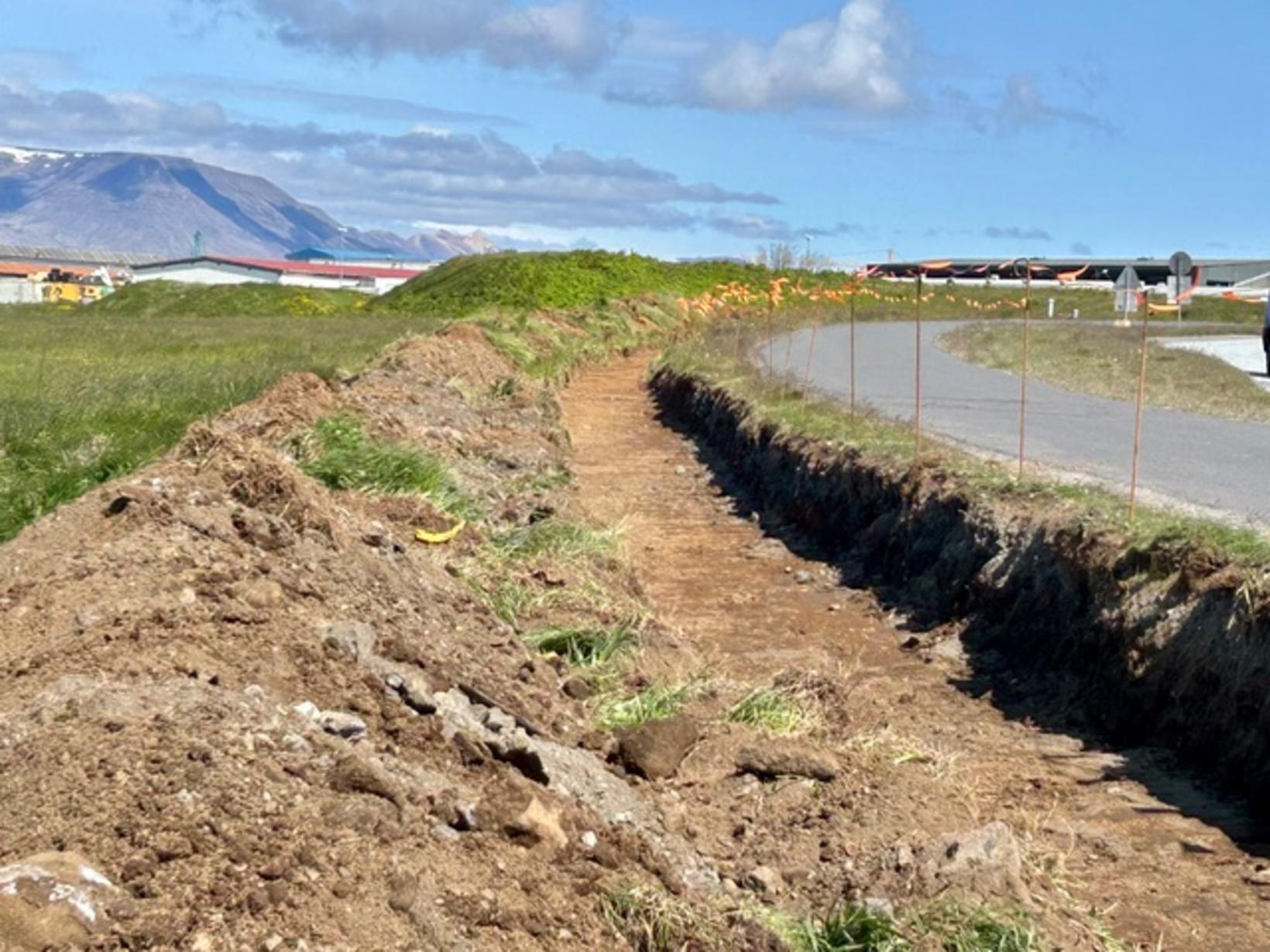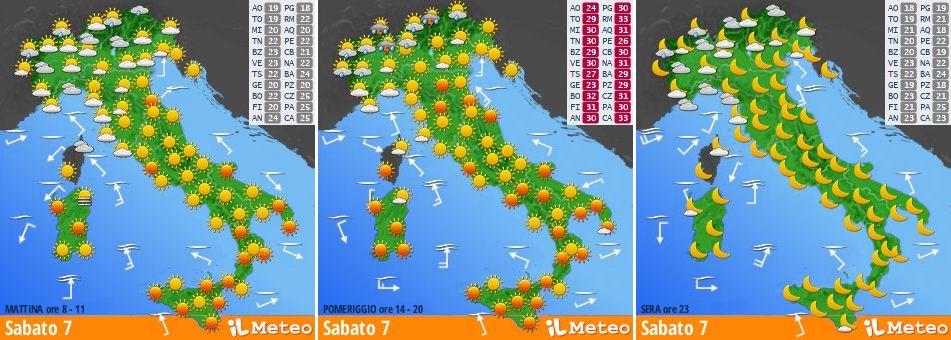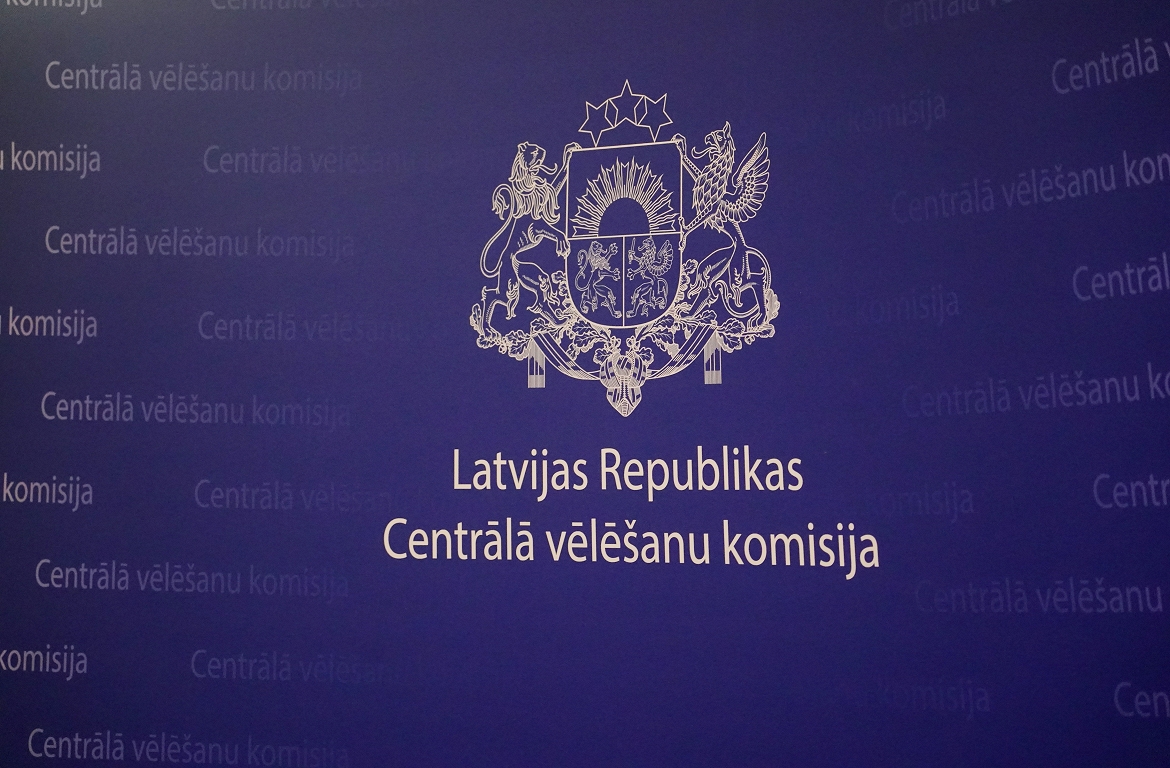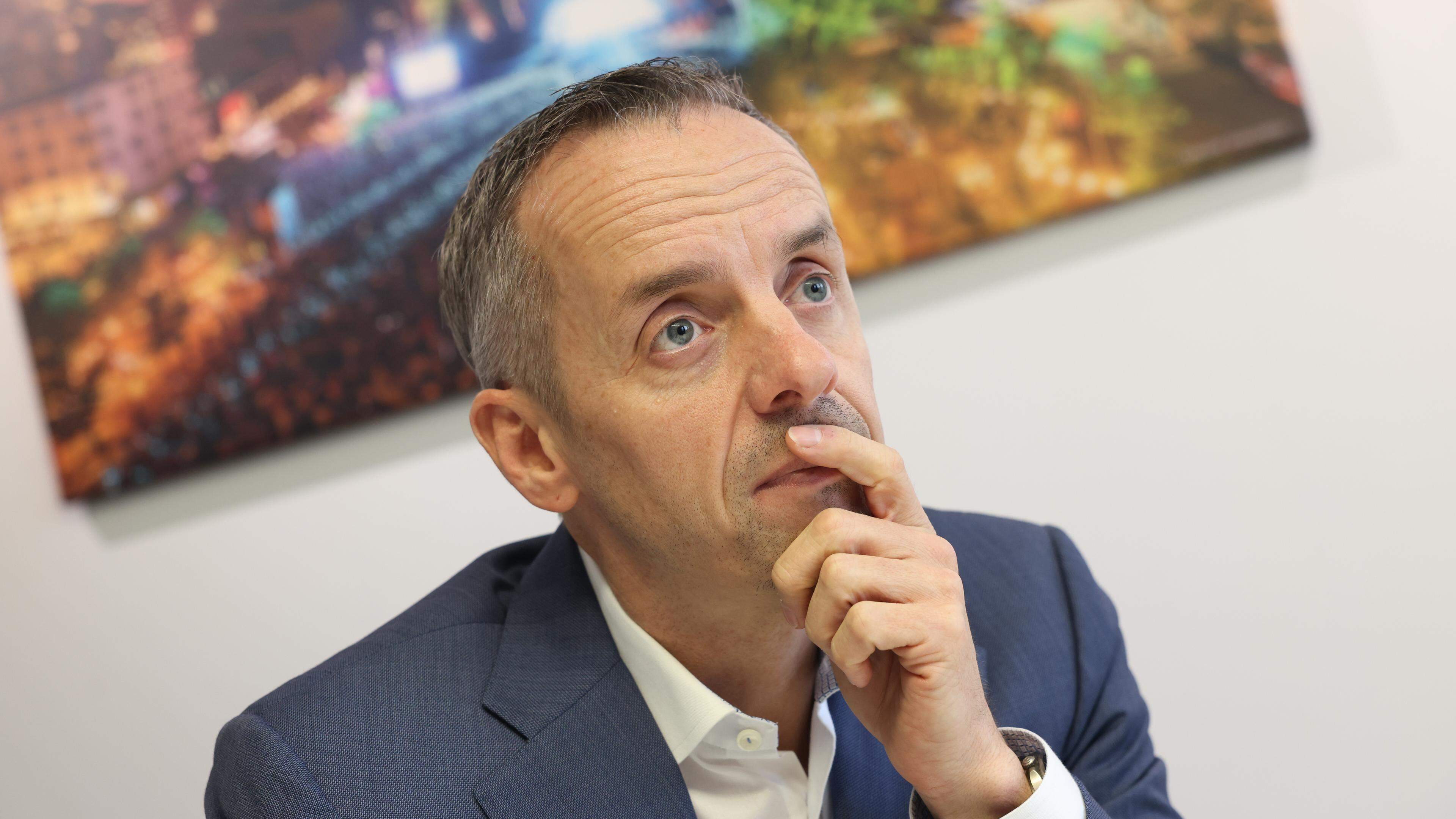What does NRC think | President Trump embraces chaos and therefore uncertainty is now America’s largest export product
:format(jpeg):fill(f8f8f8,true)/s3/static.nrc.nl/taxonomy/bf9b707-commentaar-itemafbeelding-2024.png)
The biggest damage to the economic order was not to be measured in the past week at falling stock prices, the amount of import duties, increasing interest rates on government bonds or evaporated billions. The real victim of Donald Trumps tax madness is confidence. All certainties that have been built up with a lot of pain and effort in recent decades were destroyed in just two weeks. And in a world that has increasingly become dependent on predictability and order, Chaos is a bad adviser.
The American president thrives on chaos, it seems. He sees the presidency of (for the time being) the most powerful country in the world as a continuation of his entrepreneurship. Bluffing, swearing, pressing the arm, lying, cheating: everything seems permissible to get out of negotiations as an upper party. Cynical and amoral when it comes to real estate deals, downright dangerous when it comes to the international legal order.
The world has often stood for hot fires. The oil crisis in the 1970s, the collapse of the Soviet Union, the 2008 credit crisis, for example, or the euro crisis that followed. More recently, the Coronapandemie policymakers is still clearly upset. The big difference between then and now that is one thing as a pole with those earlier crises: the institutions that have been built in recent decades to guard the order in the world were ready to defuse the unrest. Central banks, regulators, governments and supranational institutions such as the IMF and the World Bank often stepped coordinated to dampen, adjust and prevent the worst damage.
In that context, economists are happy to talk about guidance: direction. In the global economy, one wrong word, one stupid measure or one fraudist can unleash a chain of disasters. Central bankers, for example, have therefore been in place for years of a completely predictable vocabulary, which is completely clear for their followers. Not only the decisions matter, but also the guarantee of the calm and balanced language that is spoken ensures guidance and trust.
That institutions in the United States are no longer the damping force in crises, but the perpetrator, promises little good
But these weeks everything is different. The global free trade that the world largely characterized from the early nineties is rapidly demolished by the country that was the greatest motivation behind it. The US President Trump released a Baaest of input taxes on the rest of the world on 2 April. The way that happened was chaotic, sometimes on the irrational, and above all: unpredictable. The taxes against Canada were previously an example of arbitrariness: then again, but not, again and again and then half.
This week, the tax plan, especially due to unrest in the financial markets, was suddenly suspended by ninety days – except for China. That seemed like an attempt to bring some peace back to the stock markets, which had responded unprecedentedly negative.
But uncertainty cannot just be taken away. There is an element of unpredictability and arbitrariness crawling in the American institutions that, as stated, previously played a damping role in crises. Certainly now that those institutions seem to be sent by the Nukens of one man – or the last with whom he had a conversation.
There is still a general American import tax of ten percent for all other countries. And a ‘break’ of ninety days does little to remove the uncertainty: it only stretches the period of unrest. Because the chance is life -size that investors, companies, banks and consumers are now going to do what is most obvious: waiting. Wait until there is finally clarity. Sending goods to a trading partner makes little sense if the price is not known. Putting down a factory requires a time horizon of many years, with predictable policy.
The lack of this is just as disastrous for the activity and prosperity if the import duties are themselves. Also in 2008 and 2020 the world economy threatened to come to a halt. At the time there was the safety net of credible, professional institutions: from national governments with skilled officials to central banks, to international organizations. The fact that the knife is now set by the most powerful country in that safety net promises little good. And requires extra responsibility and effort from countries where reason is still present.

:format(webp)/s3/static.nrc.nl/wp-content/uploads/2025/05/29185945/web-2905BUI_Blatten.jpg)
:format(webp)/s3/static.nrc.nl/images/gn4/stripped/data133280221-bb4cba.jpg)
:format(webp)/s3/static.nrc.nl/images/gn4/stripped/data133212425-ae69bf.jpg)




